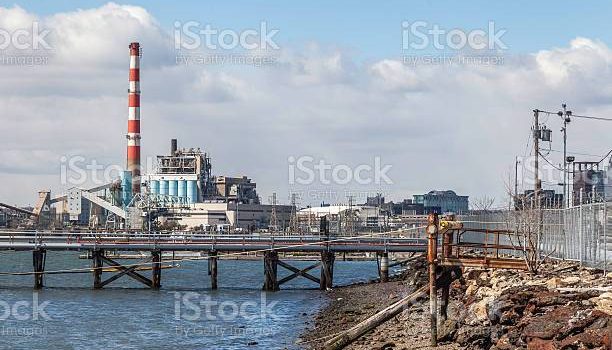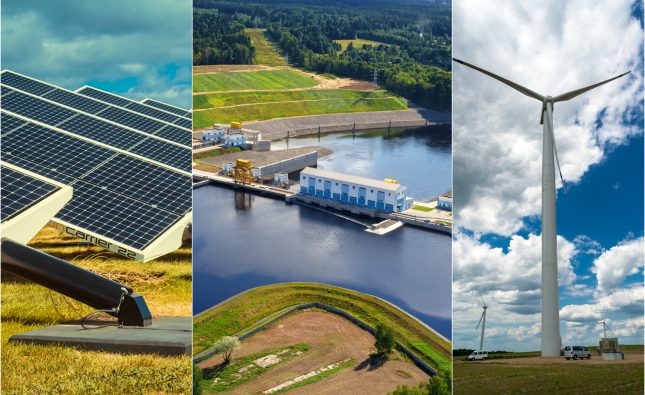
In a resolute bid to combat climate change and align with international sustainability goals, Europe’s chemical industry has embarked on a transformative journey towards achieving net-zero emissions. With its colossal economic impact and significant carbon footprint, the sector’s commitment to decarbonization is poised to make a profound impact on the global fight against climate change.
The chemical industry, a vital pillar of Europe’s economy, has long been associated with emissions due to energy-intensive processes and the production of raw materials. However, it is now emerging as a catalyst for change, propelled by technological advancements, regulatory pressure, and a growing demand for sustainable solutions.
One of the key strategies employed by European chemical companies is the adoption of innovative technologies and green practices. Investment in renewable energy sources such as solar and wind power is on the rise, enabling companies to transition away from fossil fuels. Additionally, the implementation of energy-efficient processes and the optimization of resource use have become paramount in reducing carbon emissions.
Collaboration and knowledge-sharing have also become crucial elements in the industry’s push for net-zero. Companies are joining forces to develop and implement sustainable practices, sharing best practices and exchanging insights. Partnerships between industry players, research institutions, and governments are fostering innovation and accelerating the development of low-carbon alternatives and breakthrough technologies.
Moreover, circular economy principles are being embraced by the chemical industry, driving a shift towards a more sustainable and circular value chain. Companies are reimagining their production processes, moving towards recycling and reusing materials instead of relying solely on virgin resources. This approach not only reduces waste and environmental impact but also contributes to the development of a circular economy ecosystem.
Regulatory frameworks and policy incentives play a vital role in shaping the industry’s decarbonization efforts. The European Union’s ambitious Green Deal, which aims to make Europe the world’s first climate-neutral continent by 2050, has set the stage for comprehensive and stringent regulations. Carbon pricing mechanisms, emissions trading schemes, and stricter emissions standards are driving chemical companies to adapt and innovate.
While the transition towards net-zero is undoubtedly challenging, it also presents a wealth of opportunities for the European chemical industry. Companies that lead the way in sustainable practices and eco-friendly innovations are poised to gain a competitive edge in an increasingly environmentally conscious marketplace. Additionally, the green transition is driving job creation and fostering economic growth, further bolstering Europe’s position as a global leader in sustainable development.
However, hurdles remain on the path to net-zero. The transition requires significant investment in research and development, infrastructure upgrades, and retooling of manufacturing facilities. Financing and funding mechanisms need to be in place to support these endeavors, ensuring a smooth and inclusive transition for all stakeholders.
As Europe’s chemical industry spearheads the charge towards a net-zero future, it serves as an inspiring example of the transformative power of industry-wide commitment and collaboration. By reimagining their processes, embracing sustainable practices, and investing in innovation, chemical companies are rewriting the narrative and setting the stage for a greener and more sustainable future.
As the global community grapples with the urgency of climate change, Europe’s chemical industry stands at the forefront, leading the way towards a net-zero future. Its unwavering dedication to sustainable practices will undoubtedly leave an indelible mark on the fight against climate change, inspiring other industries and nations to follow suit.









